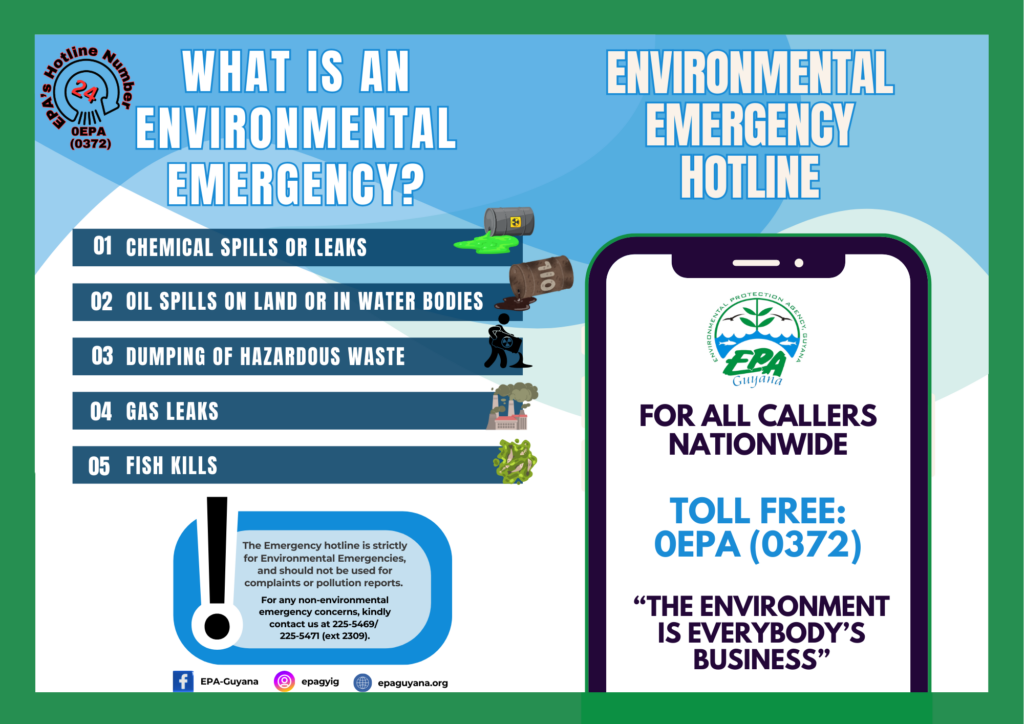On Friday 26, 2021, the Agency hosted a simple closing meeting for the NBSLME project with community members of Wellington Park at the EPA’s Whim, Berbice Office. The event marked the successful completion of the first phase of the NBSLME project which entailed the mapping of key stakeholders and developing a Management Plan as it relates to restoring the Wellington Park Mangrove Reserves. In attendance were the twelve (12) community members who worked closely with the Agency in drafting the management plan and a governance framework.
The Management Plan provides key targets and indicator for restoring the site and the governance structure looked closely at engaging key stakeholders with responsibilities for mangrove governance in Guyana. The Coastal Marine Management Committee (CMMC) will serve as the overarching body to govern the site since all stakeholders responsible for mangroves sit on the Committee. Additionally, the Plan provides roles for community members in working towards achieving the goal of transforming the site into an eco-tourism destination.
As part of the Project, the EPA held consultations with sawmill operators to discuss issues on best practices for sawdust management. The Agency was able to work with Skeldon Energy Inc. (SEI) to begin the process of applying for Environmental authorisation from the EPA. During the consultations, the EPA noted that an agreement between sawmill operators and SEI is needed to better manage sawdust waste. Additionally, the EPA in partnership with the River and Sea Defence met with sawmill operators to discuss the rapid erosion of sawdust which is used for land development along the river and plans for the development of future sea defense in the Crabwood Creek area. Erosion of the sawdust was noted as one way in which the waste material was entering into the waterways.
The EPA has initiated contact with the Tourism Hospitality Association of Guyana (THAG) to share plans set out by the community to restore, manage and conserve the area as an eco-tourism site within the next five (5) years.
The second phase of the project will begin in June 2021 and it will address the deliverable:
“Activity 2.3.3 Implement local/national Ecosystem-based Management (EBM) projects promoting an integrated approach to pollution reduction and habitat restoration in at least two selected countries who are parties to both the LBS and SPAW Protocols. This will build on lessons learned from EBM pilot projects implemented under the GEF CLME+ Project and support countries in implementing activities under their national pollution prevention plans and strategies.


